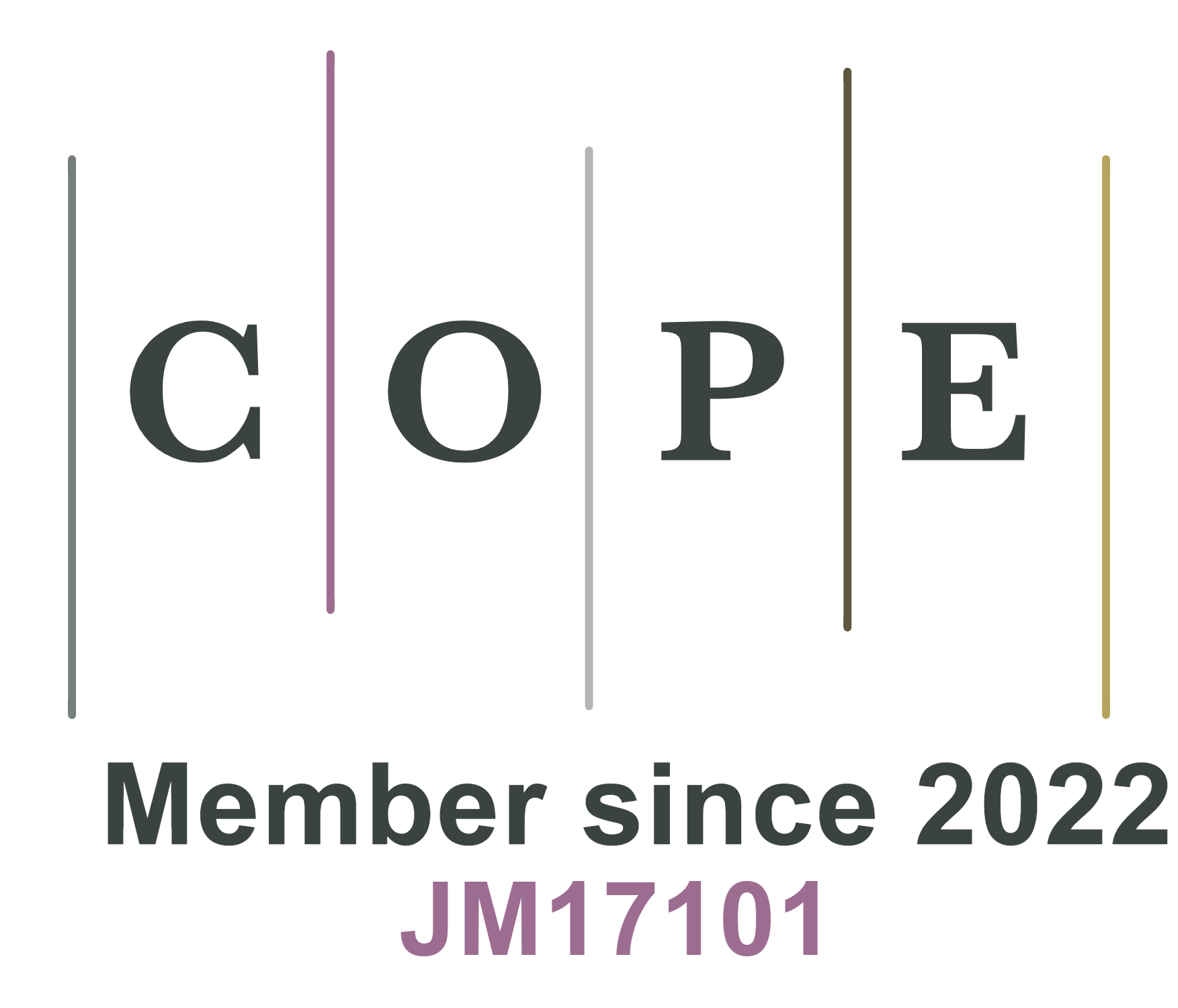Perspectives on hydrogel-based ionic thermoelectrics: from mechanistic insights to wearable applications of thermodiffusive ionic materials
Abstract
Hydrogel-based ionic thermoelectric (i-TE) materials that rely on ion migration driven by thermal gradients have emerged as promising candidates for efficient low-grade heat harvesting. They offer high Seebeck coefficients, mechanical flexibility, and biocompatibility, making them especially attractive for wearable electronics and biomedical applications. Among various i-TE materials, hydrogels are particularly notable due to their unique structure and ability to modulate ion diffusion via interactions between the polymer network and ionic species. Despite increasing interest in hydrogel-based i-TE materials, the fundamental mechanisms governing thermodiffusive ion transport remain poorly understood, especially when compared to the more established thermo-galvanic processes. Moreover, the unique composite architecture of these materials combining polymer matrices with diverse ionic components presents significant challenges for rational design and performance optimization. This review addresses these challenges by systematically analyzing the fundamental mechanisms of hydrogel-based i-TE materials, with a particular focus on the Soret effect and the roles of polymer networks and ionic conductors. It also provides critical insights into practical applications such as wearable thermoelectric generators and capacitive energy storage devices. Furthermore, we propose innovative strategies to overcome key limitations, those related to long-term stability and mechanical durability. By consolidating current knowledge and identifying future research opportunities, this review establishes a foundation for the development of next-generation flexible and efficient hydrogel-based i-TE materials.
Keywords
Ionic thermoelectric materials, hydrogel, soret effect, polymer, ion conductor
Cite This Article
Choi Y, Kim JY, Kang BC, Kim H. Perspectives on hydrogel-based ionic thermoelectrics: from mechanistic insights to wearable applications of thermodiffusive ionic materials. Energy Mater 2025;5:[Accept]. http://dx.doi.org/10.20517/energymater.2025.50














